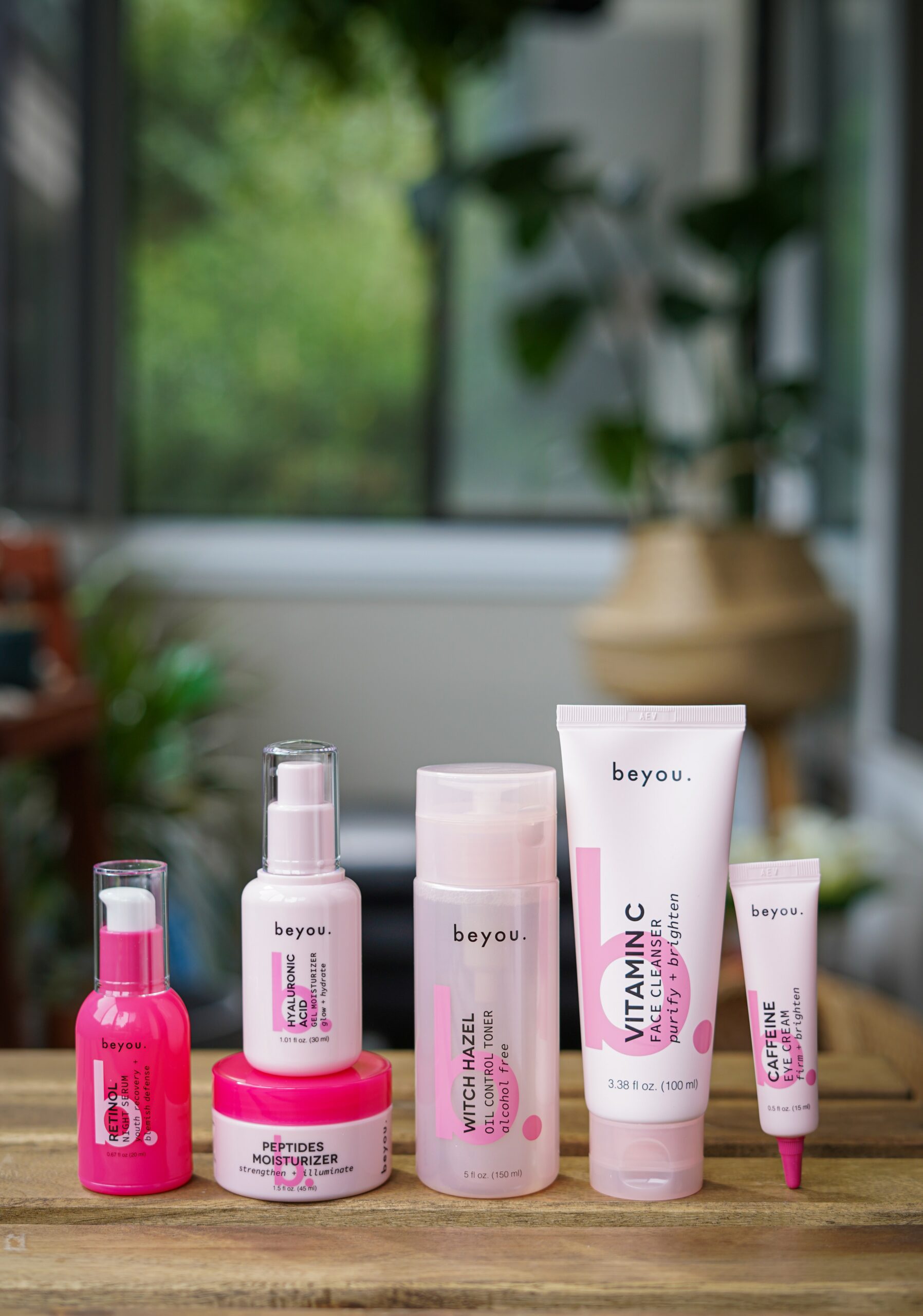Food prices are rising. This is one of the reasons why many consumers specifically choose cheaper products such as Milfina, Milbona, K-Classic or Ja. But who is behind it and how good are the products? CHIP tells you where you can find the products and how you can unmask the brand manufacturer.
Whether at Rewe, Edeka, Kaufland, Real or Hit: the greatest potential for savings for customers is in the bottom shelf of a supermarket shelf.
The German supermarkets usually hide their own brands there. Directly below the big branded products are jam, chocolate, crisps, coffee, tea or cola at a much lower price.
Behind brands like K-Classic, Ja, Milsani, Biscotto or Milbona are popular brands like Müller, Leibniz, Milka or Zott. But how do you recognize who is behind the no-name product?
How to unmask the big manufacturers of the no-name brands
A simple trick is to find the manufacturer of the no-name product on the packaging. As a rule, the responsible company is located near the best-before date or the gram and liter indication.
Write down the address on the package and then look it up on the web. In many cases, the brand manufacturer then appears in the search.
For example, the packaging of milk rice from Aldi's own brand "Milsani" says "TMA Handelsgesellschaft mbH" with the address "An den Breiten" in 01454 Leppensdorf. An internet search reveals that the Sachsenmilch dairy is docked at the same location, which in turn belongs to the brand giant "Müller".
The butter biscuits from Lidl (own brand "Sondey") and Norma (own brand "Delicia") come from "Bahlsen".
Lidl's "Pure Buttermilk" from "Milbona" is actually "Müller".
Find out more about big discounts, vouchers and deals from numerous retailers with our CHIP savings tips.
Manufacturers and supermarkets do not provide any information
Consumers do not have to fear any loss of quality if they choose the cheaper no-name brand.
The private label products differ only minimally from the larger branded products if they come from the same factory. Savings are only made on packaging and advertising expenses.
But the model is also lucrative for the manufacturers. They can continue to run the conveyor belts in their factory for several work shifts and save a lot of money when purchasing raw materials because they buy more goods due to the higher production.
The own brands also play an important role in the negotiations on terms and conditions. They can be a bargaining chip to get the manufacturer better shelf space in the supermarket. Everything that is at eye level with the consumer increases the chance that the goods will be seen and taken away.
Although the business model is lucrative for both sides, discounters, supermarkets and manufacturers do not comment on press inquiries about sales, sales and the origin of the no-name goods.
Surf Tips:
With this receipt trick, purchases don't cost you a pennyWith these smartphone apps, you save when shopping
Popular manufacturers are behind these popular no-name brands
Behind the processed cheese from "K-Classic" (Kaufland), the Allgäu processed cheese from "Ja!" (Rewe) and the "Hofburger" cheese cold cuts from Aldi Nord and Aldi Süd is the large corporation "Hochland".
Lidl customers will also find the popular branded salads from the "Homann" bowl behind "Vitakrone" and the low-fat BiActiv yoghurt from Milsani comes from Zott.
"Bonduelle" is known to many people. The popular preserves manufacturer also processes the peas and sun-corn for Aldi's own brand "King's Crown" at its plant in Reutlingen.
The popular "Karwendel" brand produces cream cheese from "Goldessa" (Lidl), "K-Classic" (Kaufland) and "Gutes Land" (Netto Marken-Discount).
The large dairy group "Bauer" also makes yoghurt products under its own brands "Gutes Land" (Netto Marken-Discount), "Ja!" (Rewe), "K-Classic" (Kaufland) and "Good and Cheap" (Edeka). These include the supermarket giant's strawberry yoghurt.



